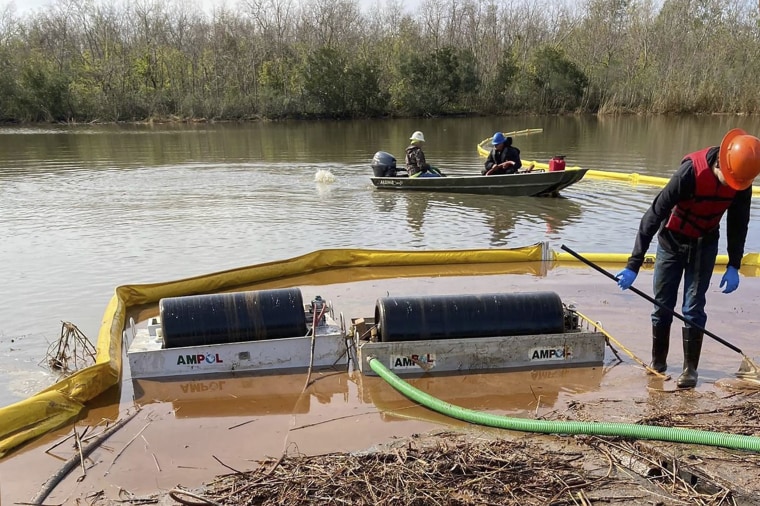
Julian Assange: A Thousand Days In Belmarsh – OpEd
Julian Assange has now been in the maximum-security facilities of Belmarsh prison for over 1,000 days. On the occasion of his 1,000th day of imprisonment, campaigners, supporters and kindred spirits gathered to show their support, indignation and solidarity at this political detention most foul.
Alison Mason of the Julian Assange Defence Committee reiterated those observations long made about the imprisonment at a gathering outside the Australian High Commission in London on that day. The WikiLeaks founder was wrongfully confined “for publishing the war crimes of the US military leaked to him by whistleblower Chelsea Manning.” She, along with supporters, had gathered before the High Commission “because Julian’s country could save him with a simple phone call.” Mason’s admirably simple reasoning: that Australia had “a bargaining chip with AUKUS and trade deals.” If only that were true.
The continued detention of Assange in Belmarsh remains a scandal of kaleidoscopic cruelty. It continues to imperil his frail health, further impaired by a stroke suffered in October last year and the ongoing risks associated with COVID-19. It maintains a state of indefinite incarceration without bail, deputising the United Kingdom as committed gaolers for US interests. “Julian,” stated his fiancée Stella Moris, “is simply held at the request of the US government while they continue to abuse the US-UK extradition treaty for political ends.”
A report drawn from unannounced visits to Belmarsh by the Chief Inspector of Prisons last July and August did not shine glorious light upon the institution. “The prison has not paid sufficient attention to the growing levels of self-harm and there was not enough oversight or care taken of prisoners of risk of suicide. Urgent action needed to be taken in this area to make sure that these prisoners were kept safe.”
The next gruelling stage of Assange’s confinement is being marked by an appeal against the High Court’s unfathomable, and even gullible overturning of the lower court decision against his extradition to the United States. The US Department of Justice (DoJ) continues to seek the extradition of the WikiLeaks founder to face 18 charges, 17 based on that relic of state paranoia and vengeance, the US Espionage Act of 1917. A successful prosecution could see him face a 175-year sentence.
The original decision, shoddy as it was for the cause of journalism, accepted that the extradition would be oppressive within the meaning of the US-UK Extradition Act. District Court Justice Vanessa Baraitser accepted the defence contention that such oppression arose from Assange’s “mental condition”. Despite relentless prosecution attacks on the neuropsychiatric evidence adduced by the defence, the judge accepted that Assange was autistic and would be at serious risk of suiciding in the US prison system. The prosecutors also failed in convincing the court that Special Administrative Measures would not be applied that would restrict his access to legal counsel and family, and ensure solitary confinement. They also failed to show that he would not, on being convicted, serve his time in the vicious supermax prison, Colorado’s ADX Florence.
The Lord Chief Justice of England and Wales Ian Burnett, and Lord Justice Timothy Holroyde, were having none of that. In their December ruling, the High Court accepted the prosecution appeal that the US could easily make assurances for keeping Assange in better conditions despite not doing so at the original trial. The Lord Justices also proved crotchety at the fact that Baraitser had not gone out of her way to seek those assurances in the first place. Besides, Britain could trust the good diplomatic undertakings of the United States.
So it came to pass that muddle headed judicial reasoning prevailed on the bench. There was no mention of the fabricated evidence being relied upon by the prosecution, or the discomforting fact that operatives in the US Central Intelligence Agency had contemplated kidnapping and poisoning Assange. Nothing, either, about the US-sanctioned surveillance operation conducted by the Spanish security firm, UC Global, during his time in the Ecuadorian embassy in London.
Work on the appeal began immediately. Solicitors Birnberg Peirce, in a statement, outlined the importance of the application. “We believe serious and important issues of law and wider public importance are being raised in this application. They arise from the court’s judgment and its receipt and reliance on US assurances regarding the prison regimes and treatment of Mr Assange is likely to face if extradited.”
The wider public importance of the case is hard to measure. Authoritarian governments and sham democracies the world over are gleefully taking notes. Liberal democratic states with increasingly autocratic approaches to media outlets are also going to see promise in the way the United States is using extradition law to nab a publisher. Black letter lawyers will err in assuming that this matter is narrow and specific to the wording of a treaty between two countries.
Having already done untold damage to the cause of publishing national security information that exposes atrocities and violations of law domestic and international, the US is making the claim that the Extradition Act, in all its nastiness, has tentacled global reach. A phone call from Australia’s insipid Prime Minister Scott Morrison will hardly matter to this. He, and other members of Washington’s unofficial imperial court, will do as they are told.








